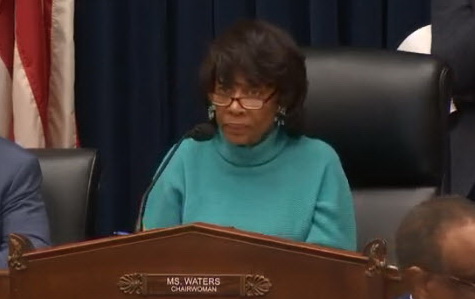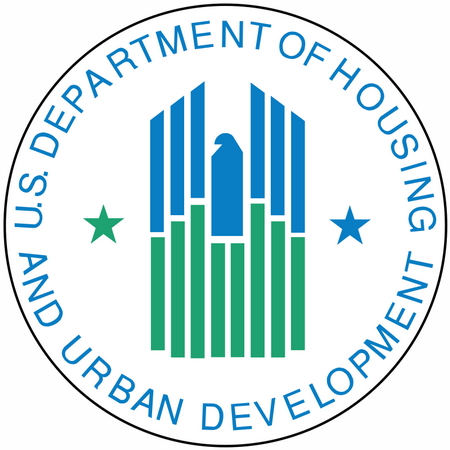
- The Real Estate Roundtable joined a Feb. 24 coalition letter to support H.R. 4531, the Yes in My Backyard (“YIMBY”) Act. The bipartisan bill – sponsored by Reps. Denny Heck (D-WA) and Trey Hollingsworth (R-IN) – would direct local governments that receive HUD Community Development Block Grants (“CDBGs”) to develop favorable planning and zoning strategies that enable affordable housing development.
- “We have a national housing crisis, one that is brought on in part by zoning and land use policies,” Rep. Heck said upon the Committee’s approval of the bill today with no opposition. “The YIMBY Act is a crucial first step to addressing these policies in order to increase affordability and construction.” (Heck-Hollingsworth joint press release)
- The YIMBY Act respects federalism principles and avoids a mandate from Congress to compel cities and towns to enact certain land-use laws. Rather, the bill aims to discourage localities from limiting housing supplies through reporting and disclosure rules attendant to HUD’s grant process.
- Specifically, the YIMBY Act directs that a community receiving CDBG money must consider and track implementation of over 20 pro-housing strategies, such as:
- Enacting high-density zoning, and expanding by-right multifamily zoned areas;
- Allowing manufactured homes and accessory dwelling units on single-family lots;
- Reducing minimum lot sizes;
- Increasing allowable floor area ratios for multifamily projects;
- Providing property tax abatements to existing home owners to garner support for high development densities in their communities; and
- Ensuring that impact fees paid by developers accurately reflect infrastructure needs generated by new units.
- Speaking at the Annual Real Estate Forum held at the University of Colorado (Boulder) this week, Roundtable President and CEO, Jeffrey D. DeBoer, said: “The YIMBY Act recognizes that local zoning ordinances coupled with lengthy duplicative permitting hurdles frequently result in decreased housing availability and increased housing costs. Asking local authorities to report on their efforts to ease these regulatory hurdles makes a lot of sense.” DeBoer and Roundtable board member Ric Clark (Senior Managing Partner and Chairman, Brookfield Property Group) focused their keynote presentation at the event on national policy issues, including housing affordability, as well as current and expected trends in national real estate markets.
- The Roundtable urged support for the YIMBY Act in comments filed with HUD in January. (Roundtable Weekly, Jan. 17, 2020). Companion legislation is pending in the Senate (S. 1919), sponsored by Todd Young (R-IN) and Brian Schatz (D-HI). The bill also reflects the goals of President Trump’s Executive Order for “ Eliminating Regulatory Barriers to Affordable Housing.” (Roundtable Weekly, June 28, 2019)
- The National Multifamily Housing Council (NMHC) and National Apartment Association (NAA) issued a statement praising the Committee’s action on the YIMBY Act – and also noted the successful markup of the Housing is Infrastructure Act (H.R. 5187), sponsored by Chairwoman Maxine Waters (D-CA). H.R. 5187 would direct greater investments to construct new affordable housing units for low-income households, persons with disabilities, and the elderly. It would also provide more federal funding to build, repair and modernize public housing.
- A bill similar to the YIMBY Act — that uses the “carrot” of federal grants to incentivize high density land uses – is the Build More Housing Near Transit Act (H.R. 4307). While the YIMBY Act leverages HUD CDBG dollars, H.R. 4307 leverages Federal Transit Administration grants to require local authorities to evaluate housing development along proposed rail, bus, and other mass transit routes. H.R. 4307 is under consideration as part of “must pass” infrastructure legislation to reauthorize the Highway Trust Fund, which is scheduled to expire on Sept 30. (Roundtable Weekly, Oct. 4, 2019)
The strong bipartisan showing for the YIMBY Act at the Committee level bodes well for full House consideration in the coming weeks. While the path forward in the Senate is presently unclear, The Roundtable and coalition partners will continue to press lawmakers to make progress on the YIMBY Act and similar legislation.
# # #
